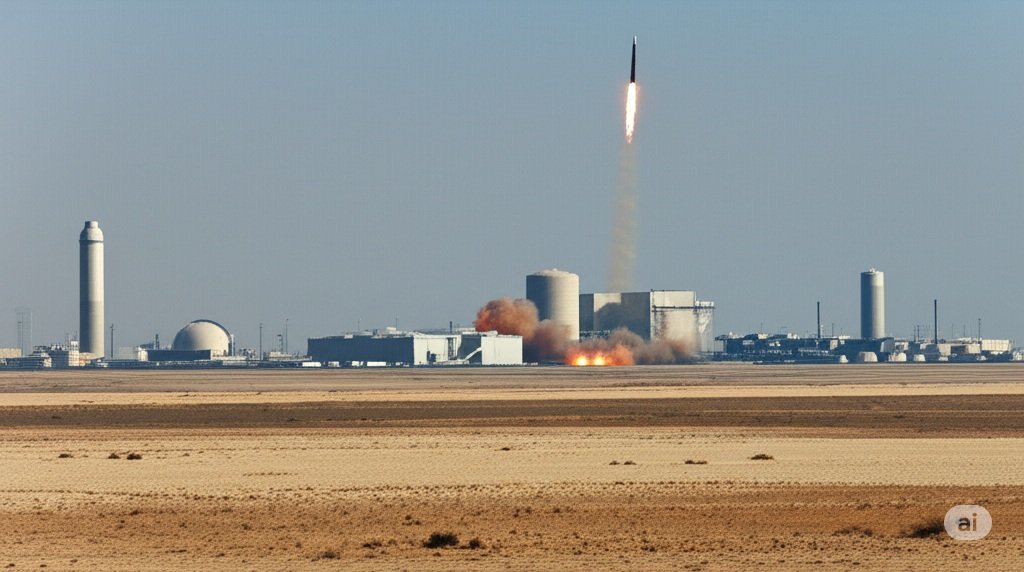Recent escalations between Israel and Iran have raised global concerns. We break down the key events and potential implications for the US.
The ongoing tensions between Israel and Iran have once again taken center stage, marked by a series of concerning events that demand our attention. For those of us here in the U.S., understanding the nuances of this complex relationship and its potential ramifications is crucial in an increasingly interconnected world. Recent exchanges of missile fire and heightened rhetoric underscore a dangerous period, prompting many to wonder what the future holds and how it might affect us.
A Look at the Recent Escalations
While the specifics can be complex and sometimes shrouded in official silence, the general picture points to a worrying trend. Reports of missile launches and retaliatory actions suggest a directness in the conflict that has been less pronounced in recent times. This shift towards more overt engagement raises the stakes and increases the risk of miscalculation, potentially leading to a broader regional conflict.
- Increased frequency of reported attacks and counter-attacks.
- More direct accusations and acknowledgments of responsibility.
- Heightened security alerts in the region.
Concerns About Nuclear Implications
Adding another layer of complexity to this already fraught situation are the ongoing concerns surrounding Iran’s nuclear program. Any escalation between Israel and Iran carries the inherent risk of impacting these sensitive sites or leading to actions that could further destabilize the region’s nuclear landscape. This is a matter of significant international concern, with implications that extend far beyond the immediate conflict zone.
Why This Matters to the U.S.
It’s easy to feel disconnected from events happening thousands of miles away, but the reality is that the stability of the Middle East has direct consequences for the United States. Here’s why:
- Economic Impact: The region is a major supplier of oil, and any significant conflict can disrupt global energy markets, potentially leading to higher gas prices and economic instability here at home.
- Geopolitical Influence: The U.S. has long-standing strategic alliances and interests in the Middle East. Escalations can strain these relationships and force difficult policy decisions.
- National Security: Instability in the region can create opportunities for extremist groups and potentially lead to security threats that could reach our shores.
Looking Ahead
The situation between Israel and Iran remains highly volatile. Diplomatic efforts to de-escalate tensions are crucial, and the international community has a significant role to play in preventing further conflict. For us in the U.S., staying informed and understanding the potential consequences of this ongoing struggle is essential as we navigate an increasingly complex global landscape.











